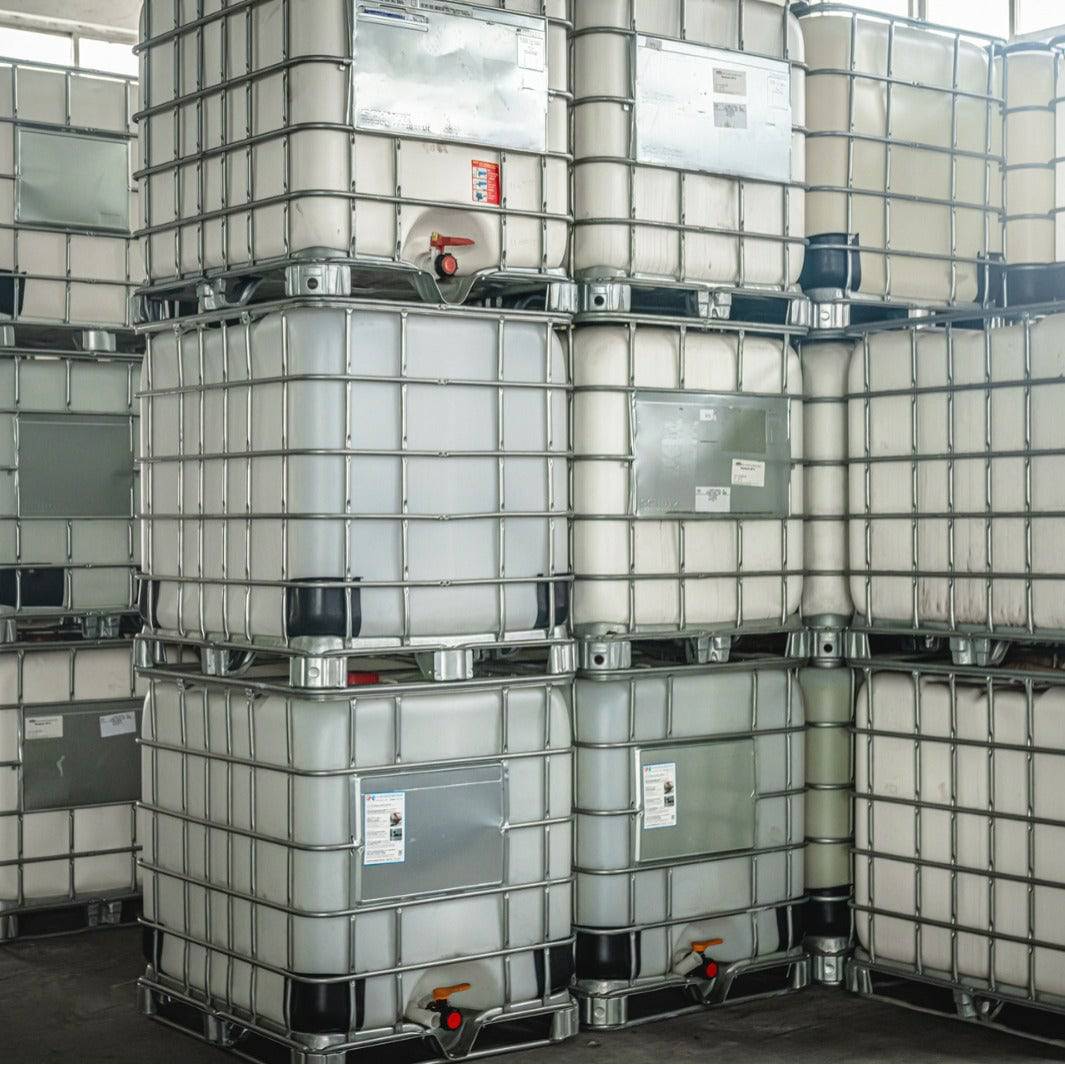Heat Transfer Fluid: Important for Enhancing Industrial Heating and Cooling Systems
Heat Transfer Fluid: Important for Enhancing Industrial Heating and Cooling Systems
Blog Article
Why Warm Transfer Liquid Is Crucial for Optimizing Power Transfer in Solution
The function of warmth transfer fluids in maximizing energy transfer is crucial for attaining reliable thermal management across numerous industrial industries. These liquids assist in seamless heat exchange, ensuring procedures run within optimal temperature varieties and mitigating the danger of getting too hot. Their option, based on factors like thickness and thermal security, directly affects the effectiveness and sustainability of a system. However, the complexities of picking the ideal fluid are frequently undervalued. What are the crucial considerations for this choice, and just how do they impact both economic performance and ecological obligation in industrial applications?
Duty in Thermal Administration
Warm transfer fluids play a critical function in thermal monitoring by effectively controling temperatures in numerous commercial processes and systems. These specialized liquids assist in the transfer of warmth in between different parts, ensuring optimum operating conditions and avoiding getting too hot. By keeping accurate temperature level control, warmth transfer fluids make it possible for sectors such as chemical manufacturing, oil and gas, and power generation to run securely and successfully.
The choice of an appropriate heat transfer liquid depends on several elements, including thermal stability, warm ability, and thickness. High thermal security ensures that the liquid can withstand severe temperature levels without weakening, while a high warmth capability enables it to soak up and launch considerable amounts of warm - heat transfer fluid. Reduced thickness decreases the power required for pumping, adding to total system performance
Additionally, warm transfer fluids are essential in applications like refrigeration, where they aid absorb and dissipate warm throughout the cooling cycle. In solar thermal energy systems, these liquids capture and transport solar heat to create electricity or provide warm water. Their flexibility to varied operating problems and ability to preserve consistent thermal performance underscore their value in industrial thermal administration, facilitating operational connection and improving security procedures.

Enhancing System Effectiveness
To make best use of the advantages of thermal administration, boosting system effectiveness with the tactical usage of warm transfer liquids is critical. By keeping ideal temperature level degrees, heat transfer fluids help guarantee that systems run within their made specifications, therefore avoiding getting too hot and minimizing the risk of element failure.

Kinds Of Heat Transfer Fluids
The variety of warmth transfer fluids emphasizes their important function in a series of commercial applications, each customized to meet certain try this site thermal administration requirements. These fluids help with reliable energy transfer and are picked based on vital buildings such as thermal stability, thickness, and warmth ability. The primary types consist of water, glycol solutions, oils, and synthetics, each offering unique advantages.
Water is the most common visit homepage warmth transfer tool due to its high certain heat capacity and low expense. Mineral oils are preferred for their thermal stability and non-corrosive nature, making them appropriate for high-temperature applications.

Artificial fluids, including silicone and fragrant compounds, supply outstanding thermal stability and are made use of in atmospheres requiring severe temperature varieties. These liquids make certain superior performance in systems where traditional fluids may fall short. The option of a warm transfer fluid is important, as it influences system performance, safety, and long life. Each type should be picked to line up with the operational demands and the certain problems of the application it serves.
Environmental and Economic Benefits
Making use of the best warmth transfer liquids provides considerable environmental and economic benefits for industrial procedures. Eco pleasant warmth transfer liquids, frequently biodegradable and safe, decrease the risk of dirt and water contamination in the occasion of leakages or spills, thus safeguarding best site environments and conforming with rigorous environmental laws.
Financially, the ideal warmth transfer fluid can substantially lower operational costs. Efficient warmth transfer minimizes power expenditure, resulting in lower utility bills and improved productivity. Fluids with prolonged lifecycle efficiency reduce the regularity of substitutes and upkeep, lowering downtime and connected prices. Spending in premium liquids can also alleviate the threat of equipment corrosion and failure, staying clear of pricey repairs and prolonging the lifespan of important framework. In affordable markets, these cost savings and performances supply an unique benefit, enabling companies to designate sources more successfully and purchase further development. Generally, the critical use ideal warm transfer fluids sustains lasting economic growth and ecological stewardship.
Picking the Right Fluid
Just how does one browse the complex procedure of selecting the ideal heat transfer fluid for commercial applications? Thermal security ensures the liquid can withstand high temperatures without weakening, while compatibility avoids deterioration or various other harmful reactions with system parts.
Furthermore, the fluid's warm capacity and viscosity are extremely important. A high warmth capability allows the fluid to take in and move even more energy, boosting performance.
Final Thought
The critical choice and application of warm transfer fluids are basic to optimizing power transfer across various systems. By guaranteeing high thermal stability and ability, these fluids give exact temperature level control and improve total system performance.
Report this page